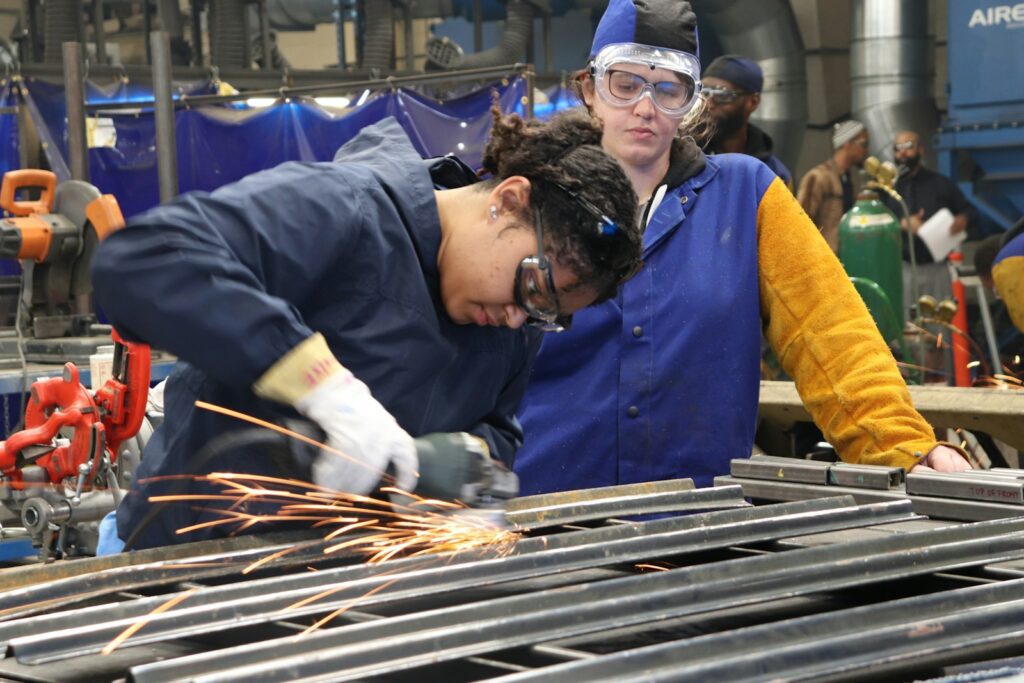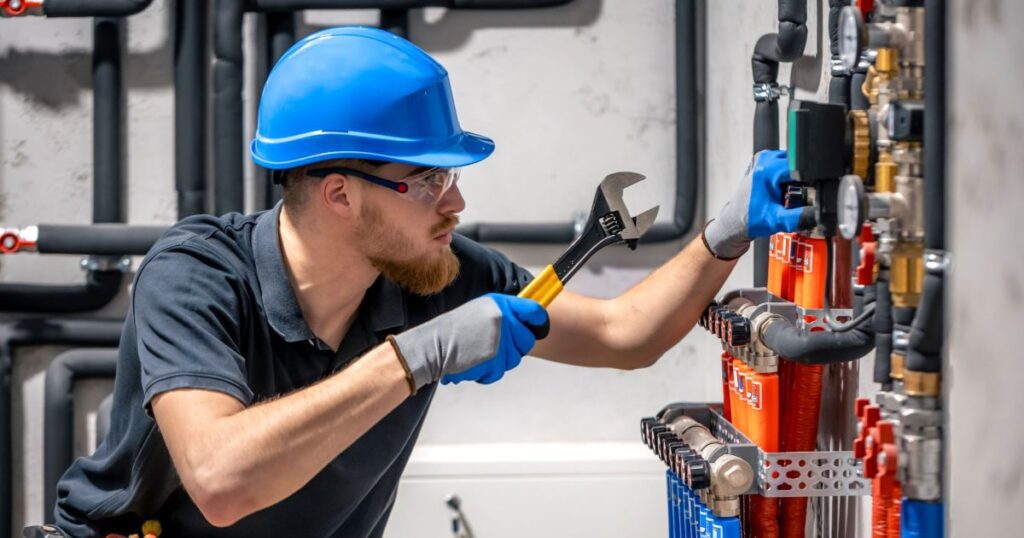Skilled Migrants Missing Out at Interviews Costing Australia Billions

Australia’s skills shortage is a hot topic, especially when considering the experiences of skilled migrants. Much discussion has centred on streamlining the recognition of international qualifications.
The Skills Mismatch
The Productivity Commission has pointed out a long-standing issue: many skilled migrants are not employed at a level that matches their qualifications. Research by Deloitte Access Economics revealed that if recent permanent migrants worked in roles matching their skills like their Australian-born counterparts, it could add a staggering A$70 billion to the economy over the next decade. Interestingly, 44% of these migrants are currently in jobs below their skill levels.
Engineers: Not in Their Field
In the 2023-24 financial year, Australia issued 210,000 visas, with 137,100 of those going to skilled migrants. However, a report revealed that one in four skilled migrants holds jobs below their qualifications. For instance, only 50% of qualified engineers from overseas are actually working in their field. Many find themselves in roles like driving taxis or stocking supermarket shelves.
The Role of Language
Recognition of overseas qualifications is important, but our research found that language discrimination is a significant barrier as well. Many skilled migrants face biases regarding their English-speaking abilities during job interviews, which can hinder their chances of employment.
Take this example from a male accountant from Singapore:
“I heard from the recruitment company that I had communication issues… I had to repeat myself because of my accent.”
Despite Australia’s increasingly diverse migrant population, many skilled migrants, especially those from culturally and racially marginalised groups, struggle even to get an interview. One female healthcare professional from India shared a harrowing experience:
“They look at your name and assume you don’t speak English… ‘Oh, your English is very good,’ they say.”
Discrimination in the Workplace
In spite of Australia’s anti-discrimination laws, discussions around systemic and interpersonal racial discrimination continue, particularly in the workplace. Our research highlights that skilled migrants often experience biases even after securing their first job. Language becomes a catch-all excuse for deeper prejudices.
A female IT professional from Malaysia spoke about her early experiences, stating:
“They were condescending and pretended that they did not understand my English.”
Such biases can undermine the benefits of the skilled migration programme, which aims to bolster Australia’s economy.
Australia is home to diverse languages, with over 100 migrant languages spoken daily. It’s crucial that workplace communication accommodates this diversity. Addressing linguistic bias within recruitment and employment processes can benefit everyone.
What Can Be Done
To fully utilise the skills of migrants, it is essential that both government and industry take action. Education initiatives aimed at eliminating linguistic biases in hiring practices are crucial. However, the responsibility also falls on individuals to recognise and challenge their own biases.
In Conclusion
Skilled migrants have a wealth of experience and qualifications to offer Australia. By addressing discriminatory practices and recognising diverse communication styles, we can unlock significant economic potential.
If you’re looking to start your journey to Australia, understanding these barriers is important for navigating job opportunities effectively.
Need help or just curious?
Ask your question in the comments. Someone else may be wondering the same thing.
Thinking about moving to Australia?
Join our free and supportive community at Oz Visa Forum.
Post in our forums to get advice and support from people who’ve already made the move.
Not sure where to start? Click here to get started







Responses